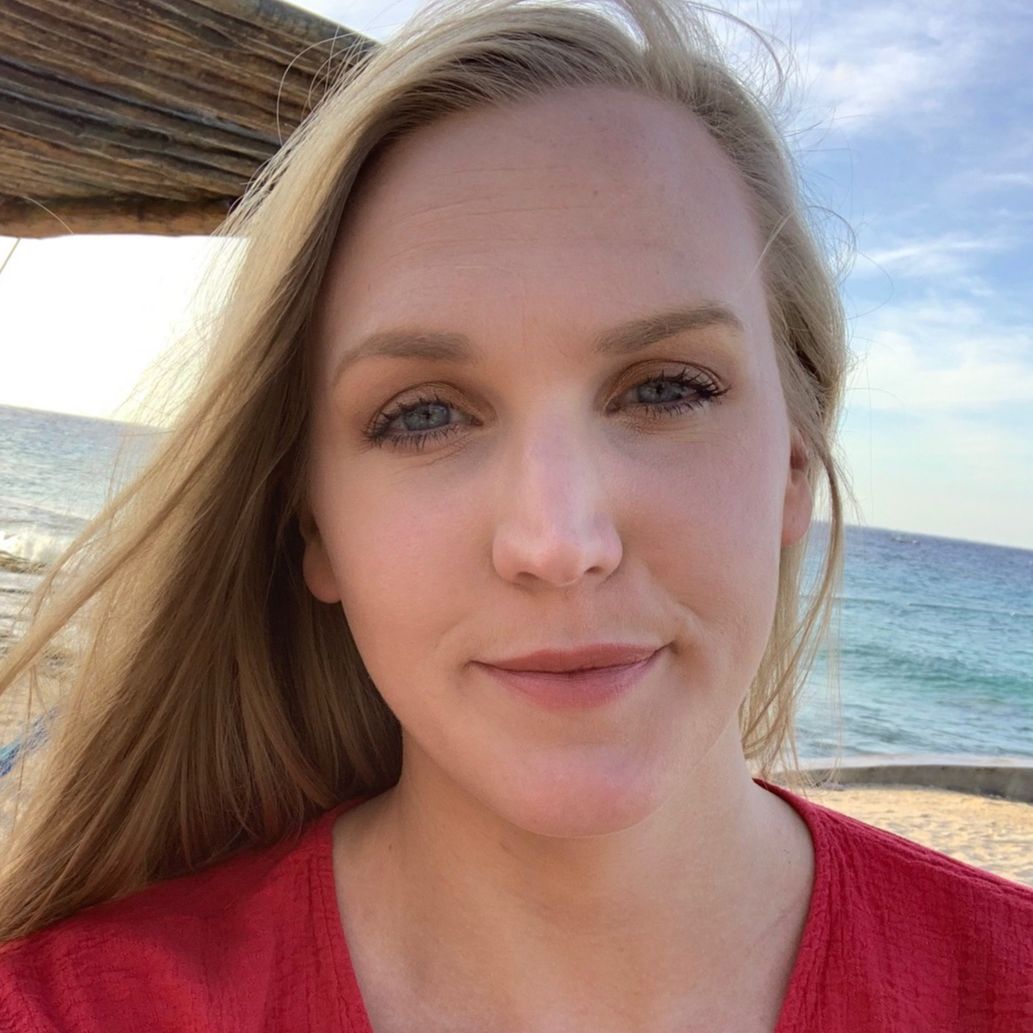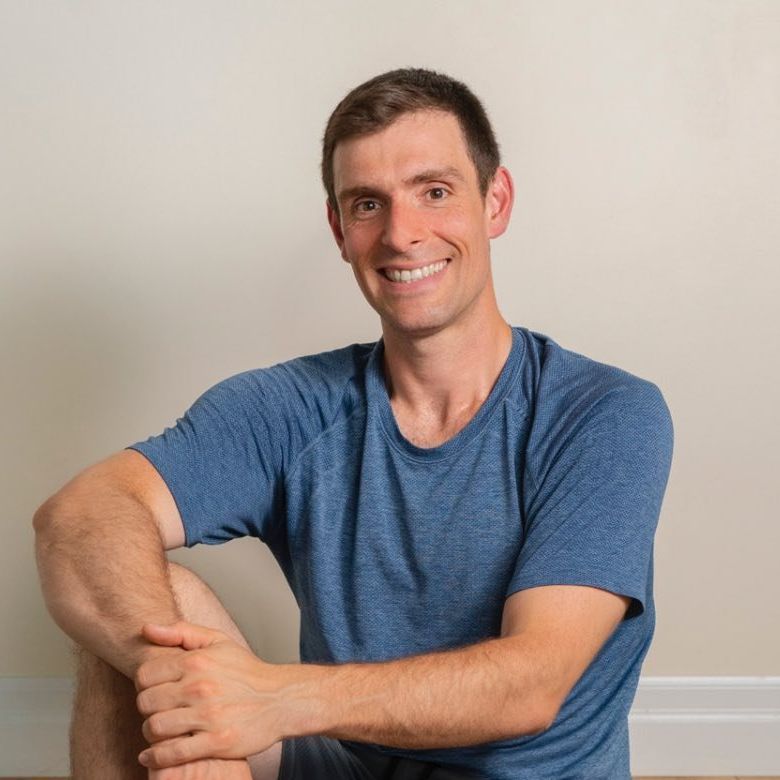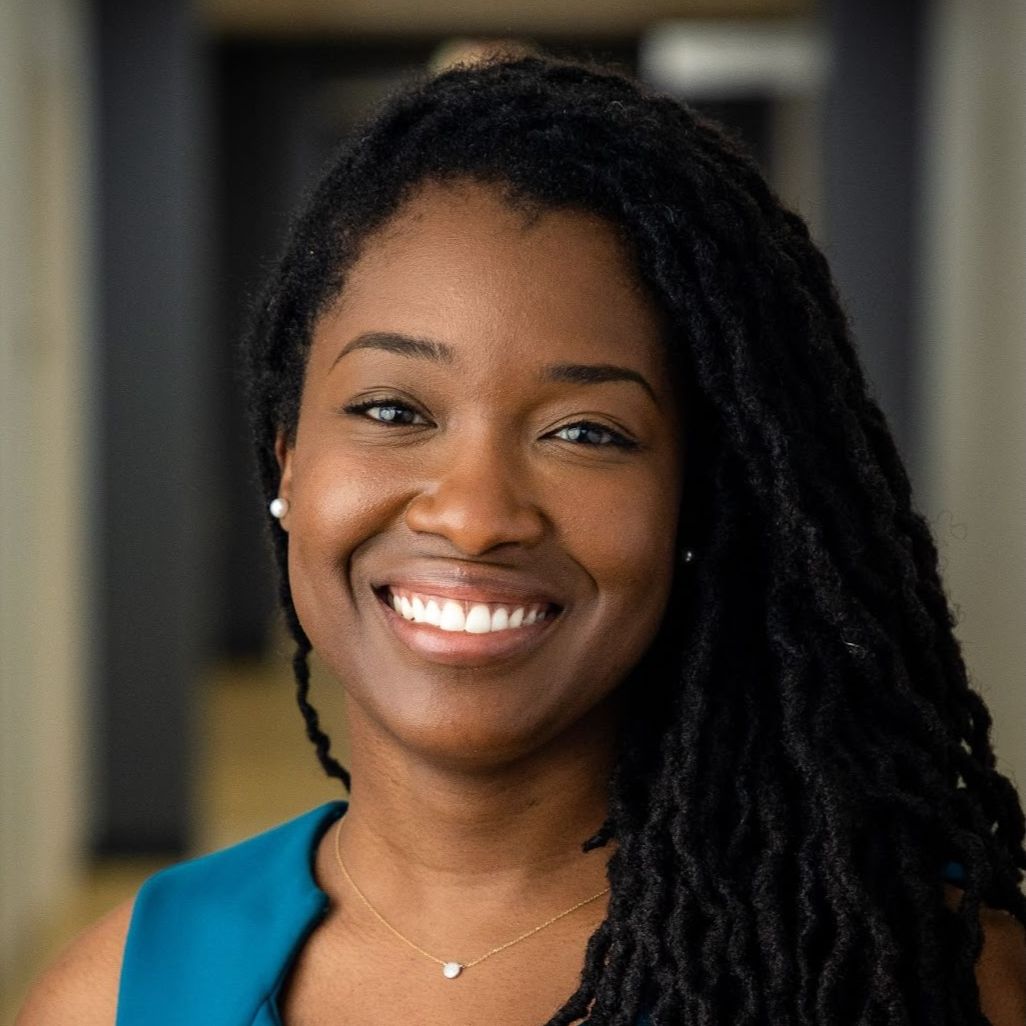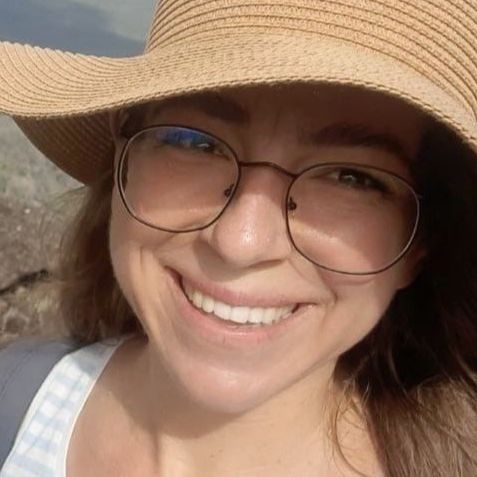Relatefulness & Integral Theory
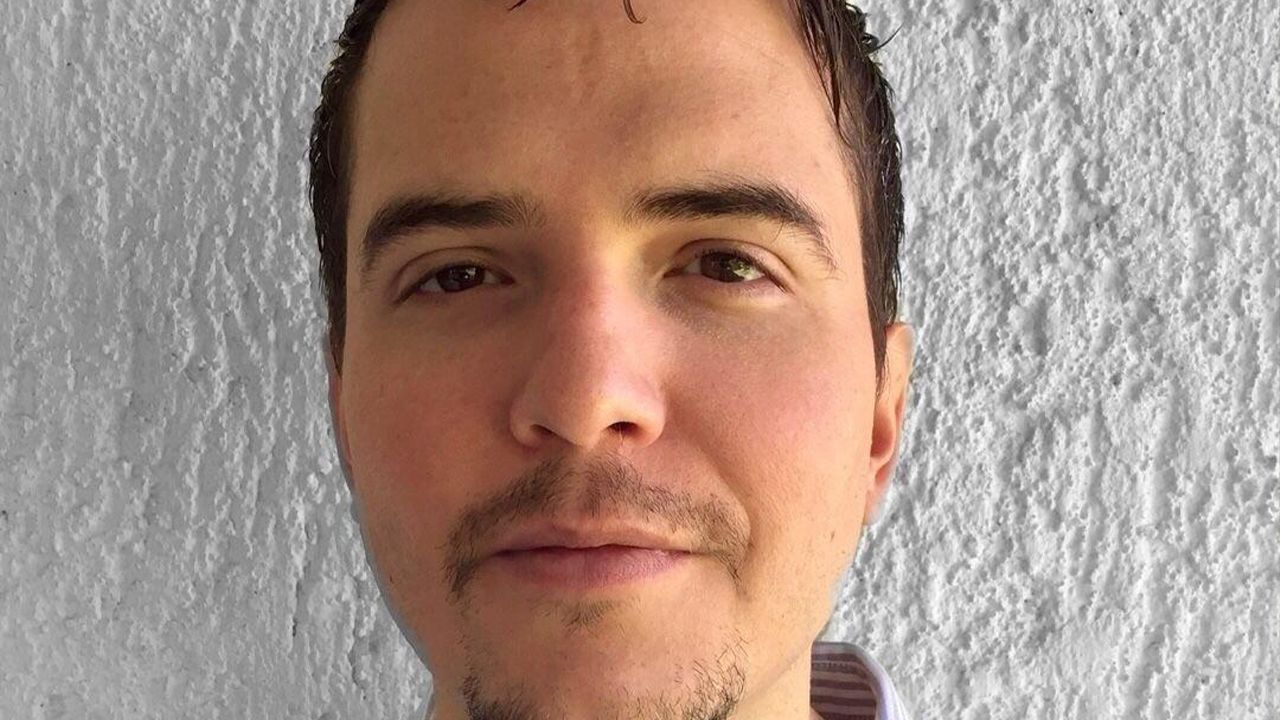 Written by Philip Watson
Written by Philip Watson
As you may know, American philosopher Ken Wilber created a map of reality that he calls Integral Theory, often abbreviated as AQAL. Essentially this theory is his answer to the question: how can everyone (all disciplines, theories, philosophies, belief systems, sciences, etc.) be right? Might it be possible that all ways of viewing the world hold some important piece of the truth?
Wilber developed a model through which one can see, for example, how religion and science can be complementary and not just mutually exclusive, or how Eastern and Western medicine treat different aspects of the individual and can be understood (and applied) together.
My purpose here is not to explain Wilber's model as there are already excellent resources that do so, but to explain the ways in which Relatefulness can be seen through this integral lens, and indeed even as an integral practice itself.
A practice of perspective-taking
A fundamental aspect of Relatefulness is the practice of perspective-taking, and this ability in turn is one of the characteristics of what we might call 'integral awareness.' What do we mean by 'perspective-taking'? It is the ability to “put oneself in the role of the other.” To imagine (or sometimes even feel) how another person experiences the world.
For those of us who study and practice Wilber's integral model, the question we bring to any occasion is often something like: what is the piece of the truth that this person or perspective has? For example, instead of deciding that conservatives are wrong and liberals are right, or that capitalists will save the world while socialists will ruin it, we ask ourselves: what is the wisdom inherent in each of these views? What aspects of conservatism, for example, are healthy and even complementary to a more liberal vision?
Embracing the wisdom of what’s uncomfortable
This same radical curiosity and this way of looking for what is good and functional in any person or situation is inherent in the practice of Relatefulness. In Relatefulness, when an uncomfortable emotion arises (perhaps anger or judgment), we ask ourselves: what is the wisdom that this emotion already holds? This doesn’t necessarily mean that the emotion is “right” in the sense that we are, for example, justified in our anger at someone else, but it does mean that the anger is here for a valid reason and we can choose to get curious about it and/or simply be with it as it is, here and now.
We can see emotions as signals that there’s something that wants to be seen and received. Perhaps it’s the anger, or perhaps there’s another emotion or deeper truth behind or “underneath” the emotion. This is something we can only discover when we stop repressing or rejecting our present experience.
Constant growth through surrender
When we allow ourselves to fully experience what we’re feeling, and especially when other people are present with us without trying to change us, these uncomfortable experiences are more likely to transform or release on their own.
In this way, by practicing Relatefulness regularly, we can live in a constant process of integrating aspects of our being that perhaps we’d been rejecting or repressing, often unconsciously.
Integrating multiple aspects of our being
Another way in which Relatefulness can be seen as an integral practice is in the way that it invites us to be in touch with multiple aspects of our being.
It invites us to include our body and the sensations present in it, our emotions, our mind with all its thoughts and constructs, and our awareness (the who or what that is here and notices or is aware of body, emotions and thoughts).
It invites us to make explicit other forms of meaning making—intuition, group vibes, archetypes, etc—and put the assumptions these aspects of our being make about the world to the test, to hone their usefulness and delimit where their claims are not appropriate.
Showing Up: First, Second, and Third-Person Experiences
Relatefulness not only invites us to notice and to be with all these aspects of our human incarnation, it also encourages us to share and explore them in relationship with others.
In other words, it gives us the opportunity to bring our experience from the first person (the ‘I’) into the alchemical world of the second person (the 'you' and the 'we') and even to observe all of this (the 'I', the 'you' and the 'we') from a third-person perspective (as ‘it’ or ‘its’), seeing everything that is happening right now as the perfect expression of the intelligence of Life/Universe/Spirit or whatever we want to call this totality that includes and transcends us.
Entering Non-Ordinary States of Consciousness through Relatefulness
Something that also frequently happens when we practice Relatefulness is that we enter non-ordinary states of consciousness. For example, by doing the exercise of eye gazing (looking another person in the eye for a few minutes) and then beginning to name what each one is noticing in their present experience (a preliminary practice of Relatefulness that we frequently facilitate) it is very common for both participants to enter a shared state of some sort.
Sometimes this is what we could call a subtle energy state, in which the visual field becomes more diffuse, pixelated or luminous and we begin to feel or intuit the energy that exists around us. In fact, Jordan and Philip like to playfully call this type of experience “seeing the Matrix,” in reference to the classic film.
Other times it can be a state similar to a lucid dream. Those experiences that you may have had in which, while you’re asleep and dreaming, you suddenly realize that you are in a dream. In this type of state, everything becomes very clear, the colors are accentuated and many times there is a feeling of happiness or liberation. We can sometimes also become more aware of our awareness itself or of the "space" within which our experience is occurring. In short, this practice of presence in connection or Relatefulness can help us become familiar with various states of consciousness that help broaden the range of experience with which we feel comfortable and from where we can relate to others.
Facilitating the Subject-Object Move for Personal Growth
Another way in which Relatefulness can be seen through the integral lens is in the fact that it can often facilitate the “subject-object move.”
Ken Wilber, drawing on the work of eminent developmental psychologists like Harvard’s Robert Kegan, writes at length about how human growth or development tends to happen in a subject-object way. This means that what once was someone’s subjectivity, ie. the lens through which they see the world, becomes an object that they can now look at, as if they could take their glasses off and look at them more objectively.
For example, maybe part of my way of seeing the world includes a fundamental assumption that “people are untrustworthy.” By sharing this in a Relatefulness session, I might get this worldview reflected back to me, not with judgment or attempts to change me, but with a kind of curiosity and interest, like: “huh, so for you, the world is full of untrustworthy people. What’s that like?” And in that process of having my own subjectivity reflected back to me by others, I get to “see the way I see” and at times even choose to let go of certain ways of seeing and being, and choose new ones that feel more free, more loving or more expansive.
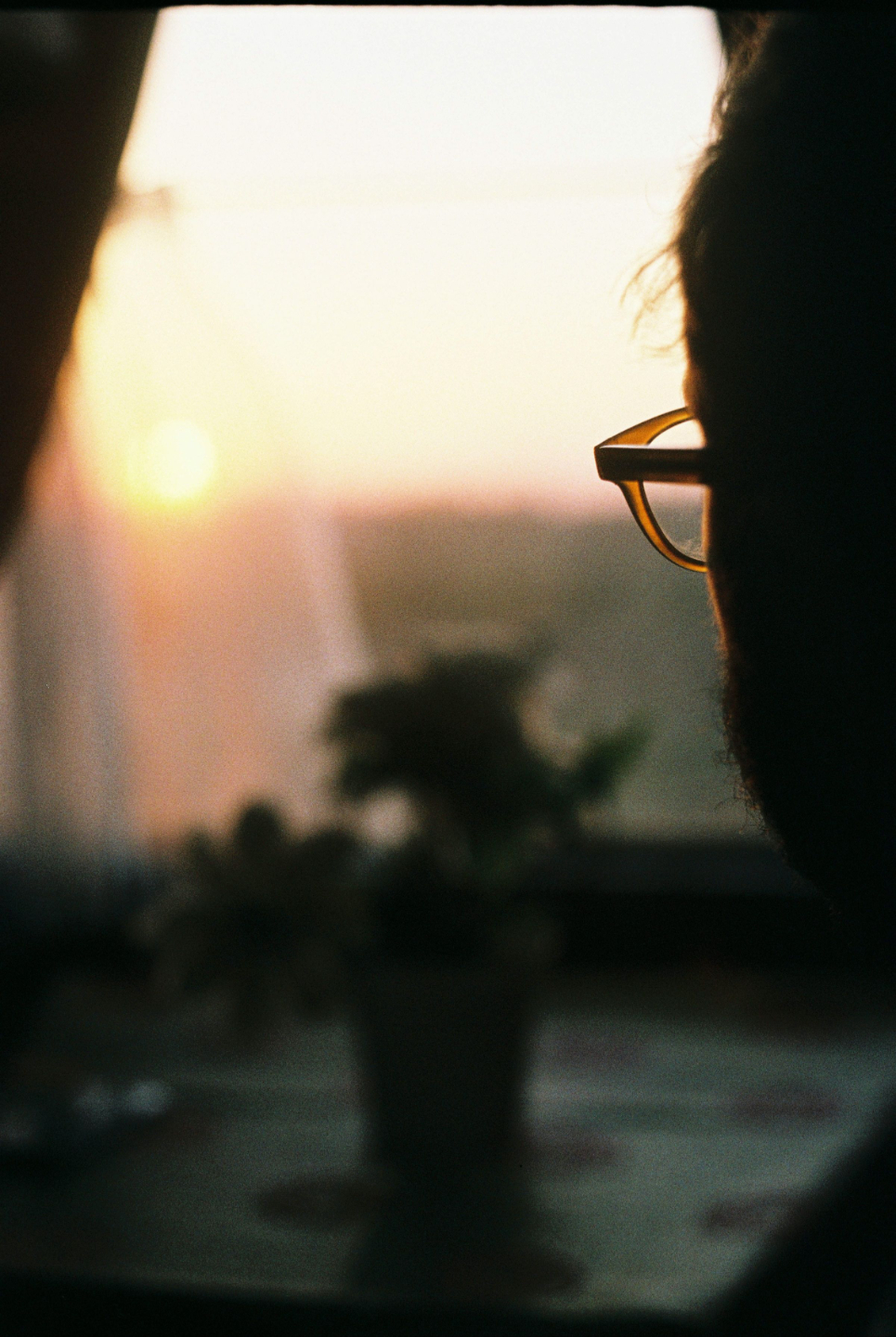
Find out more about the author:
Philip Watson
Operations & Customer Support, Lead Facilitator at The Relateful Company
What will Integral Theory change for you?

Relatefulness as a construct-aware practice
May 11, 2023

Circling & Integral Attitudes
Sep 25, 2017

Concepts: Transclude
Jan 6, 2022

Concepts: Performative Contradiction (Some Better than Others)
Jun 16, 2022

Sociosomnia: Everything Everywhere All at Once (movie)
Aug 11, 2022

Concepts: "Shadow hunting"
Mar 24, 2022

Reality Choices: Co-enactment of Seer, Seeing, Seen
Feb 10, 2023

The World as a Construct: Sense-Making "Revolution" rather than "Crisis"
Jan 13, 2022

What are we aimed at? A lofi developmental model
Jan 5, 2023


